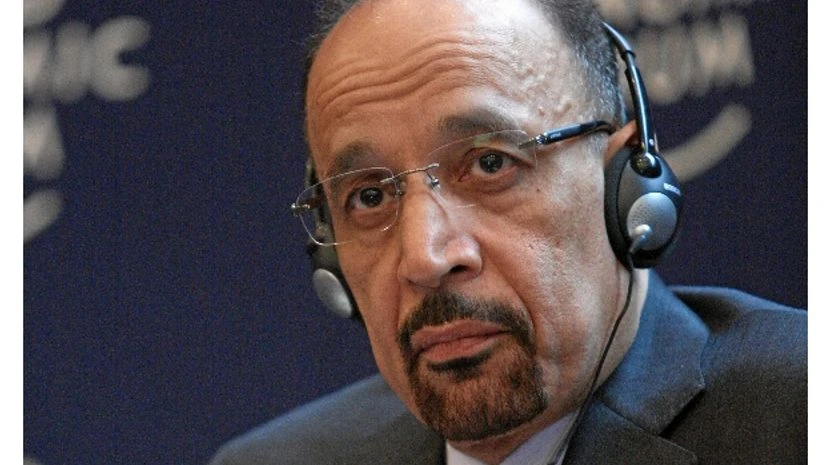Saudi Arabia expressed confidence today that oil prices will keep recovering, cementing expectations that a divided OPEC will decide to keep crude gushing at its meeting in Vienna.
"Everybody is very satisfied with the market. The market is rebalancing as we speak," said Khaled al-Falih, newly appointed by the kingdom's powerful and dynamic new crown prince.
"Demand is extremely healthy and robust. Non-OPEC supply is declining. Prices will respond to the rebalancing of the market," Falih told reporters.
More From This Section
But in the most recent drop, which has seen oil tumble from over $100 in 2014 to close to $25 in January, OPEC - driven by kingpin Saudi Arabia - has changed tack.
Experts say the group has kept the oil flowing in order to squeeze competitors - particularly US shale oil producers - and retain market share.
It has taken some time - straining even Saudi Arabia's finances, to say nothing of on-the-brink OPEC member Venezuela - but the tactic now appears to be working.
Non-OPEC output is falling sharply and prices last week briefly rose above $50 for the first time in six months, although they have softened slightly since.
In early Asian trading on Thursday, West Texas Intermediate (WTI) was down slightly at $48.90, while Brent Crude - the other main contract - was up five cents at $49.77.
Animosity between Saudi Arabia and Iran - bitter regional OPEC rivals engaged in proxy conflicts in Syria and Yemen - means that any agreement to cut output is highly unlikely in any case.
Since Iran's 2015 nuclear deal entered into force in January and sanctions were lifted, Tehran has aggressively ramped up output, and is unwilling to stop now.
"A doubling of exports of Iranian oil has had no negative impact on the market and has been absorbed well," Iranian Oil Minister Bijan Zanganeh said Wednesday.
Arriving in Vienna later, Zanganeh said a production cap for OPEC would be of "no benefit" to Tehran.
Iran stayed away from a disastrous meeting in Doha on April 17 between OPEC and non-OPEC members including Russia that failed to agree a possible coordinated output freeze.

)
